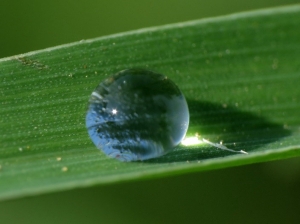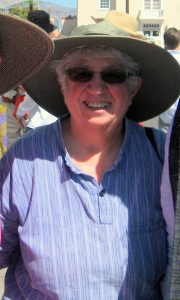Testimony on State Methane Rules: Jack Edwards
Members and supporters of New Mexico Interfaith Power & Light have prepared testimony for hearings held by the Environmental Improvement Board. The hearings, held the week of Sept. 20-24, are in support of the The New Mexico Environment Department’s (NMED) strong proposal to cut ozone-forming volatile organic compounds (VOCs) and methane released by the oil and gas industry.
.
Lake Powell and lake Mead are currently at one third of their capacity and close to the point where they can no longer produce hydro electric power. Irrigators on the Sacramento river have for the first time been told to stop diverting water. (1) A pall of smoke hangs over the west. Globally world populations are forced to migrate creating political chaos. Are these things connected?
.
I am here to encourage the NMEIB to enact stronger rules to prevent fugitive methane releases. The purpose of this is to prevent the increasingly large buildup of greenhouse gases and the worsening of the global warning. I think anyone who is able to connect more than two dots can understand this.
.
“The latest August 2021 report by the Intergovernmental Panel on Climate Change (IPCC) identifies methane as one of the worst greenhouse gases contributing to climate change.” (1)
.
One of the more profound effects of methane releases is what is called the “Methane Accelerator”. As the climate warms many new sources of currently sequestered methane are activated including releases from thawing permafrost and marine hydrates from warming oceans.
.
So if methane is such a potent contributor to global warming why not eliminate the controllable releases. As they said in the movie “Show me the money.”
.
I will leave you with one more closing thought. Throughout the southwest one of the most frequently found ancestral puebloan structures are granaries built of tightly mortared stone and mud and built in high and inaccessible cliffs. What did they know that we seem to be forgetting. They knew it is vital to protect their seeds for the future. Wouldn’t it be nice if we New Mexicans, with our rich cultural backgrounds and our special climate vulnerability, could be a leader in controlling fugitive methane emissions.
.
1.) Rinaldo Brutoco, The “Methane Accelerator” Climate Change is Moving Past The Tipping Point, the Montecito Journal, September 21, 2021.
.



